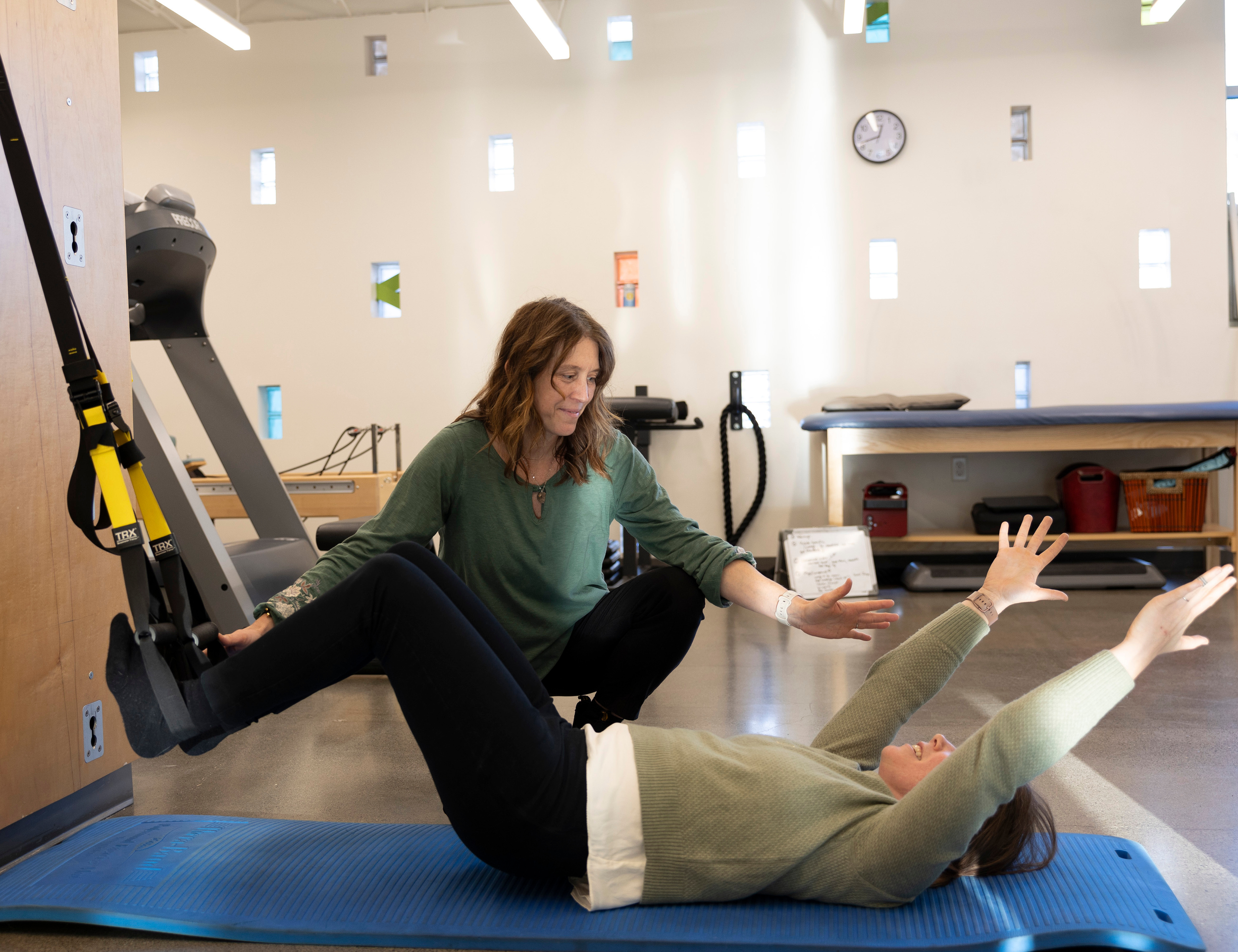Hormones, Pain, and Quality of Life: Why the Conversation Matters
At Progressive Physical Therapy, we often see patients who feel stuck between knowing something is “off” in their body and not quite knowing how to bring it up with their doctor. One of the biggest examples? Hormones.
Hormone therapy can play a powerful role in improving pain, sleep, mood, and overall quality of life, especially during perimenopause and menopause. But we hear time and again that these conversations can feel difficult, rushed, or even dismissed.
That’s why we wanted to share this excellent resource from Hot Flash, a newsletter focused on navigating hormones in the post-reproductive years: How to Talk to Your Doctor About Hormone Therapy.
Why Hormones Matter in Physical Therapy
You might be wondering — what does hormone therapy have to do with physical therapy? Quite a bit:
Pain and inflammation: Fluctuations in estrogen and progesterone can change how your body processes pain, which may explain new joint aches, headaches, or muscle stiffness.
Sleep and recovery: Poor sleep amplifies pain signals and slows tissue healing. Addressing hormone-related sleep disruptions can accelerate rehab progress.
Muscle and bone health: Hormones influence bone density, muscle mass, and tendon health — all key for staying strong and preventing injury.
Energy and quality of life: When patients feel more balanced hormonally, they often report more energy, better mood, and greater consistency in following through with movement and exercise.
Making the Most of Your Doctor Visit
The blog we’re linking offers a step-by-step framework for how to prepare for a medical appointment around hormone therapy. Here are a few highlights:
Define your goal. Instead of “I want hormone therapy,” try framing it as “I need help with hot flashes that are disrupting my sleep and work.”
Do some research. Read a trustworthy article or two so you’re familiar with treatment options (both hormonal and non-hormonal).
Track your symptoms. Write down patterns in pain, sleep, fatigue, and mood so you can share them clearly.
Bring questions. Ask about benefits, side effects, timelines, and follow-up.
Stay open-minded. Your provider may suggest alternatives or combinations that you haven’t considered.
Why Hormones Matter in Physical Therapy
We’re not prescribing hormone therapy — but we do help patients connect the dots between what’s happening hormonally and how it shows up in movement, recovery, and pain. If you’re noticing:
Joint or muscle pain that seems new or unusual
Trouble sleeping despite your best efforts
Feeling less resilient with exercise or activity
…it may be worth opening the conversation with your provider about hormones.
A Final Thought
Your body doesn’t come with a roadmap, but you do deserve clear answers and care that matches what you’re experiencing. If you’d like support preparing for your next appointment, or if you want to better understand how hormones may be affecting your pain and movement, talk with one of our physical therapists. We’re here to help you live — and move — at your best.
Read the full Hot Flash article here.
Ready to start the conversation with your Doctor and Physical Therapist regarding hormones? Make an appointment with us today
this blog post was written by Tarah Sweeney, DPT, OCS, COMT, CSCS


